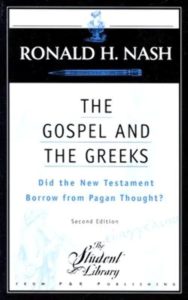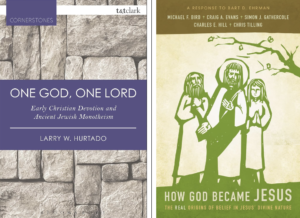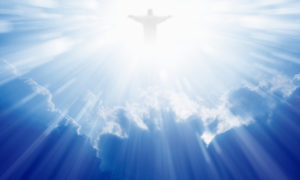 The Eternal Significance of the Resurrection of Jesus Christ. BADR Part 11
The Eternal Significance of the Resurrection of Jesus Christ. BADR Part 11
Question: How does the nature of Jesus’ resurrected body shed light on the final transformed bodies of believers in the final days?
A. 1 Cor. 15 – Christ’s [Last Adam]*** resurrection as first fruits – In a twinkling we shall receive our glorified body like Jesus – imperishable and immortal.
Paul on the “spiritual body” – The apostle does not speak of a bodily spirit, but a spiritual body. A spiritual body is a resurrected physical body with greater capacities as an instrument of the Holy Spirit. Among its new powers are those of being incorruptible and giving life (v. 45).
1) Incorruptible– It is sown in corruption; it is raised in incorruption (1 Cor. 15:42). For this corruptible must put on incorruption (1 Cor. 15:53).
2) Glorious – It is sown in dishonour; it is raised in glory (1 Corinthians 15:43).
3) Powerful – It is sown in weakness; it is raised in power (1 Corinthians 15:43). The believer will have permanent invigoration, unsurpassed beauty, and endless energy.
4) Spiritual – It is sown a natural body; it is raised a spiritual body (1 Cor. 15:44) – In the resurrection the believer will have a body perfectly responsive to his redeemed spirit which in turn will be completely amenable to the guidance of the Holy Spirit. It will be spiritual also in that it is free of sinful propensities and without physical vulnerabilities & limitations [hyperspace teleport?].
B. Sum: Like the resurrected Jesus Christ, our transformed bodies will be corporeal, recognizable, immortal, imperishable, glorified.
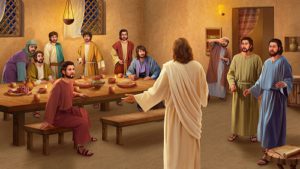
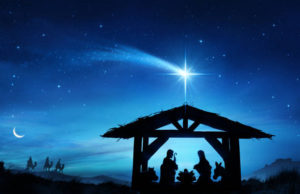
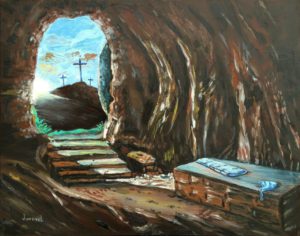
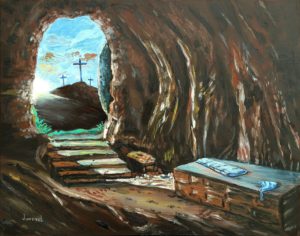
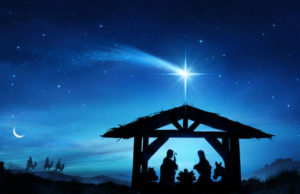
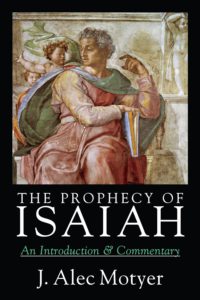 Question: The prophecies about the Suffering Servant in Isa. 53 are very confusing as the Servant appears different in the various (four) Servant songs. Is Isaiah 53 really about Christ, let alone his atoning death? And furthermore, the standard Hebrew term for “atonement” is not found in the text, how can it be about an atoning death?
Question: The prophecies about the Suffering Servant in Isa. 53 are very confusing as the Servant appears different in the various (four) Servant songs. Is Isaiah 53 really about Christ, let alone his atoning death? And furthermore, the standard Hebrew term for “atonement” is not found in the text, how can it be about an atoning death? Question: Matthew cites Isa. 7:14 and says it is fulfilled by the birth of Jesus. However critical scholars argue that in the context of Isaiah 7, this verse is about a child born during the time of Ahaz. How would evangelical scholars like you respond to this critical scholarship?
Question: Matthew cites Isa. 7:14 and says it is fulfilled by the birth of Jesus. However critical scholars argue that in the context of Isaiah 7, this verse is about a child born during the time of Ahaz. How would evangelical scholars like you respond to this critical scholarship?